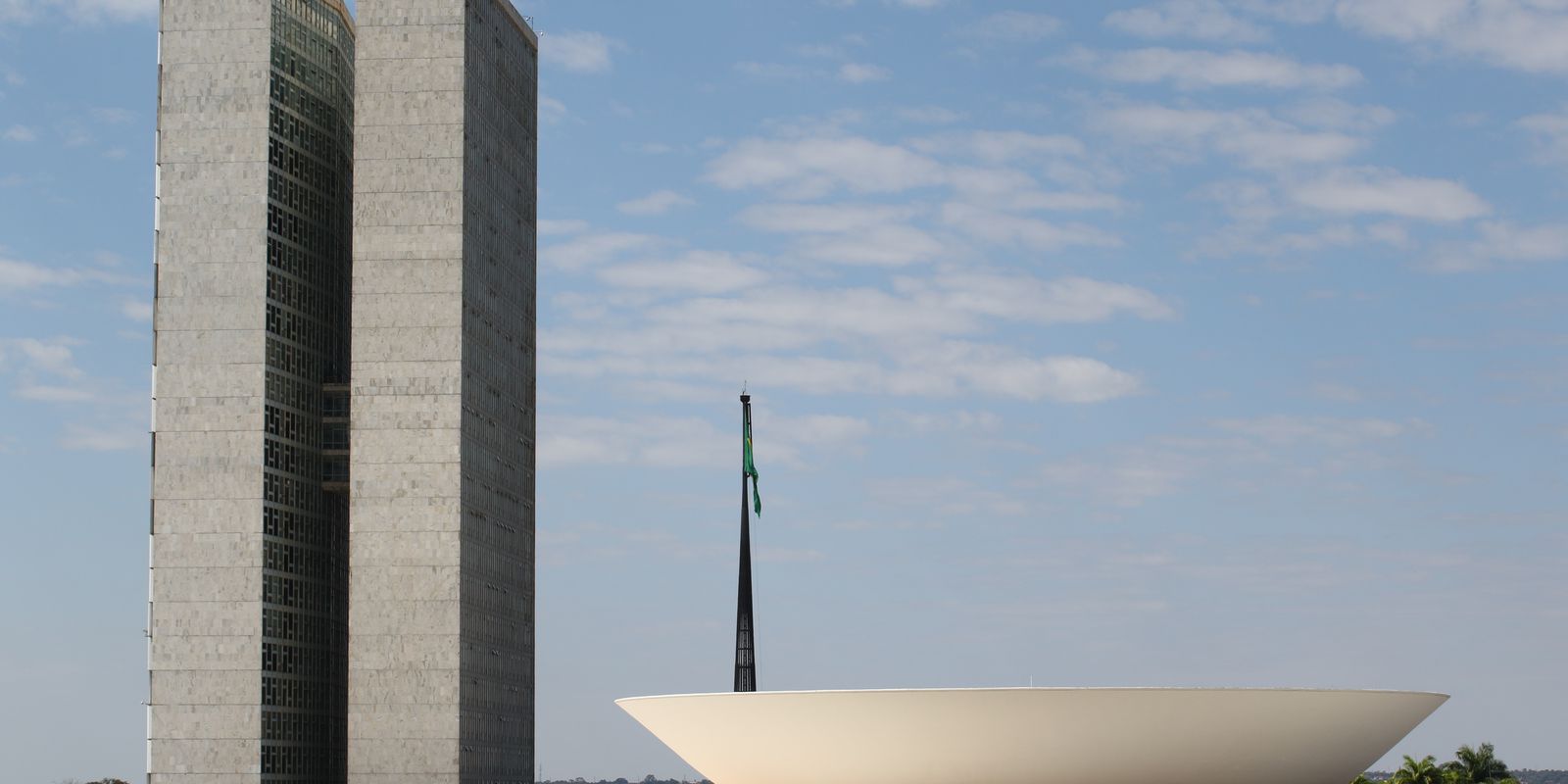Tax reform is the government’s top priority in Congress this year. For the leader of the government in the Chamber, Deputy José Guimarães (PT-CE), it is possible to approve a reform text by the end of this year. The negotiation is under the command of the Minister of Finance, Fernando Haddad, and the deputy leaders who dominate the area will help. “We are going to start talking from Monday [6] about its content and what we can do in advance to have a robust tax reform that takes care of the problems”, he said.
Haddad – who has already stated that the government intends to vote on the tax reform on consumption in the first half of this year and the reform on income in the second half – should also participate in meetings on the subject next week. “We are already going to have the first conversations at the beginning of the week with the Minister of Finance, Fernando Haddad, for us to seek in the short term, at the latest by April, as the minister wants, for us to present, the government to present a good and consistent proposal for tax reform based on the two PECs that are being processed”, said Guimarães.
In yet another effort to consolidate the support base in parliament, on Wednesday (8) President Luiz Inácio Lula da Silva will receive leaders and presidents of parties that support the government, this time for breakfast. To speed up the discussion, according to Guimarães, the idea is for the suggestion to be presented by the government to be based on the two Proposals for Amendment to the Constitution (PEC) on the subject that are already being discussed in Congress.
Congress
The importance of approving a tax reform and a new fiscal paradigm was also highlighted by the mayor Arthur Lira (PP-AL). “I have no doubt that the simplification of our tax system will have positive effects on tax collection and social justice. Brazil has been calling for a definitive solution to this challenge for a long time”, he highlighted. In addition to the tax reform, the President of Congress and Senate, Senator Rodrigo Pacheco (PSD-MG), added that public health, economic growth and social development should be a priority for Parliament in 2023.
Another point highlighted by Pacheco was the need to pacify society based on the harmonious performance of institutions. He recalled the January 8 coup attacks on the headquarters of the Three Powers and stated that the authorities should direct society towards the path of respect for differences. “Right now, I assume my commitment to the democratic pact with the institutions, with dialogue, with cooperation. The Federal Senate and the Chamber of Deputies will not omit at any time in the face of threats to the democratic process, to free and direct elections and to the integrity and reliability of electronic voting machines”, he said.
The Senate president also spoke of the need to invest in education as a weapon against political polarization. “Education is an essential factor for the propagation of respect and tolerance, for the development of the spirit of citizenship, solidarity and union”, he defended. In Rodrigo Pacheco’s assessment, a “divided country does not grow”. In this sense, he defended the improvement of transparency tools and the fight against fake news. “Political tranquility, legal security and institutional stability are essential elements for external confidence in the country and national development”, he stressed.















